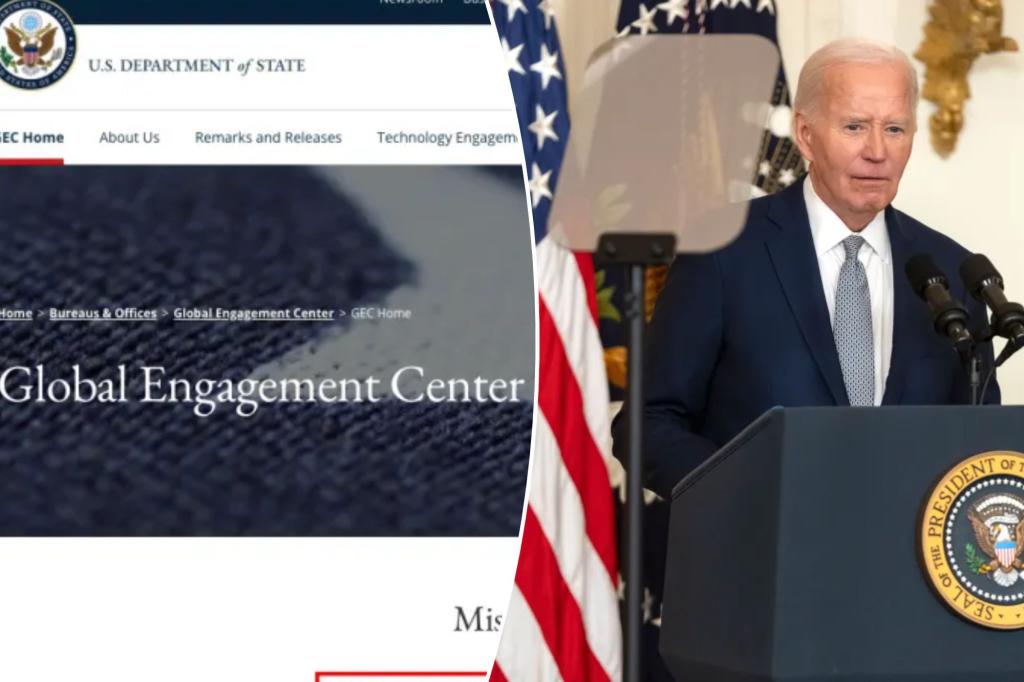The State Department plans to reallocate staffers and funding from the now-closed Global Engagement Center (GEC) to a new office focused on countering foreign information manipulation and interference. The GEC ceased operations in December after Congress declined to reauthorize it, prompting concerns from senior Republican staffers that the new office may simply be a rebranding of the GEC and continue its alleged censorship work. A planning document revealed that $29.4 million in GEC funding would be shifted to the new office, with remaining employees and funding going to other State Department bureaus.
Established in 2016, the GEC had a budget of $61 million and 120 staff members. The controversial agency faced criticism after journalist Matt Taibbi revealed its involvement in pressuring social media platforms to censor Americans during the early days of the COVID-19 pandemic to combat disinformation. The GEC also granted $100,000 to the Global Disinformation Index (GDI) who later classified multiple outlets, including The Washington Examiner, as spreading disinformation. Critics, including Elon Musk, have accused the GEC of overstepping its mandate of addressing foreign disinformation and engaging in censorship.
The new foreign disinformation office at the State Department is expected to face congressional scrutiny, with worries that it may continue the same censorship practices as the GEC. Republican lawmakers, including those who pushed for the closure of the GEC, have expressed concerns about the potential for continued censorship by the new office. The letter notifying Congress of the reallocation of GEC resources stated that 51 employees and associated funding would be moved to the Counter Foreign Information Manipulation and Interference Hub, reporting to the Undersecretary for Public Diplomacy.
Amidst concerns over censorship and government control of information, the plan to establish a new office to tackle foreign information manipulation raises questions about its potential impact on free speech and press freedom. The move to shift resources from the closed GEC to the new office has sparked fears of continued censorship and manipulation of media narratives. Additional investigations into the operations of the new office are expected, particularly as it relates to actions that could infringe on Americans’ rights to free expression.
Criticism of the GEC’s actions, such as pressuring social media companies to censor content, has raised concerns about the agency’s influence over public discourse and its potential to stifle dissenting voices. The GEC’s involvement in efforts to combat disinformation and propaganda has come under scrutiny, with accusations that it overstepped its mandate by targeting and censoring domestic voices. The reallocation of GEC resources to the new office underscores the ongoing debate over government involvement in controlling information flow and the potential impact on democratic principles.
The decision to transition GEC resources to a new office aimed at countering foreign information manipulation signals a shift in U.S. government priorities regarding combating disinformation. The move comes amidst growing concerns about the spread of false information and propaganda, both domestically and internationally, highlighting the need for effective strategies to address these challenges. As the new office takes shape and its operations begin, it will be essential for the Biden administration to address concerns about censorship, transparency, and the protection of civil liberties in its efforts to counter foreign interference in information networks.


